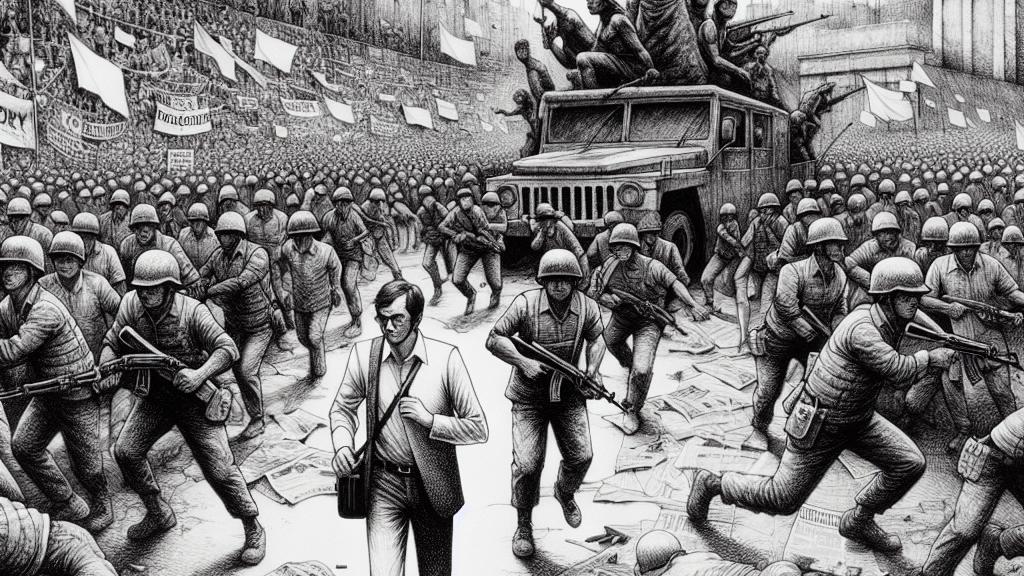Russia Expresses Concern Over South Korea's Martial Law Declaration
Overview
- Russia is keenly observing the rapidly shifting martial law situation in South Korea, underscoring its geopolitical interests.
- President Yoon Suk Yeol's hasty decision, quickly reversed, reveals significant political discord and the volatility of South Korea’s governance.
- This incident raises critical questions about North Korea's role and the dynamics of U.S.-South Korea relations amidst regional tensions.

Russia's Vigilant Attention to South Korean Affairs
In an unexpected and dramatic turn of events, South Korean President Yoon Suk Yeol declared martial law, which immediately raised eyebrows in Moscow. Maria Zakharova, the spokesperson for Russia's Foreign Ministry, expressed their watchful concern over what she described as a 'tragic situation.' Yoon's radical move came as he grappled with growing frustration towards opposition lawmakers, whom he accused of undermining the state’s security by aligning with so-called 'anti-state forces.' In a remarkable twist, the declaration lasted only about six hours, leading to relief among many who feared deeper political unrest. This swift dissolution highlights not only the president's precarious grip on power but also the resilience of democratic institutions in South Korea.
A Tense Political Landscape: Implications of the Martial Law
The rapid lifting of martial law serves as a striking reminder of the ongoing political tensions within South Korea, reflecting a significant lapse in governance strategy. Citizens rallied outside the National Assembly, brandishing banners demanding Yoon's impeachment, illustrating a potent symbol of public dissent and democratic engagement. This outpouring of outrage echoed the nation’s turbulent past, reminiscent of their struggles against authoritarian regimes. Lawmakers acted decisively to reject the martial law, emphasizing their commitment to democracy and accountability—a refreshing stance in a climate where executive overreach often stirs fears of autocracy. The nation’s political dynamics are now showcased, as the balance of power remains delicately poised in the hands of its citizens and representatives alike.
Geopolitical Ripples and Historical Context in the Korean Peninsula
The ramifications of Yoon's martial law incident extend far beyond South Korea, entwining with the larger tapestry of regional politics, particularly involving North Korea and Russia. Moscow has notably strengthened its military ties with Pyongyang, sparking concerns about a potential alliance that could destabilize the region further. Speculations abound regarding North Korea potentially aiding Russia in its military endeavors amid the ongoing conflict in Ukraine. This situation portrays an unsettling shift in the historical narrative of the Korean Peninsula, where alliances shift like the tides. The roots of this complexity trace back to the Cold War era, highlighting how historical ties and conflicts shape current affairs. As the international community watches closely, the interwoven challenges of governance, military alliances, and public discontent create a landscape rich with implications for peace and stability in East Asia.

Loading...